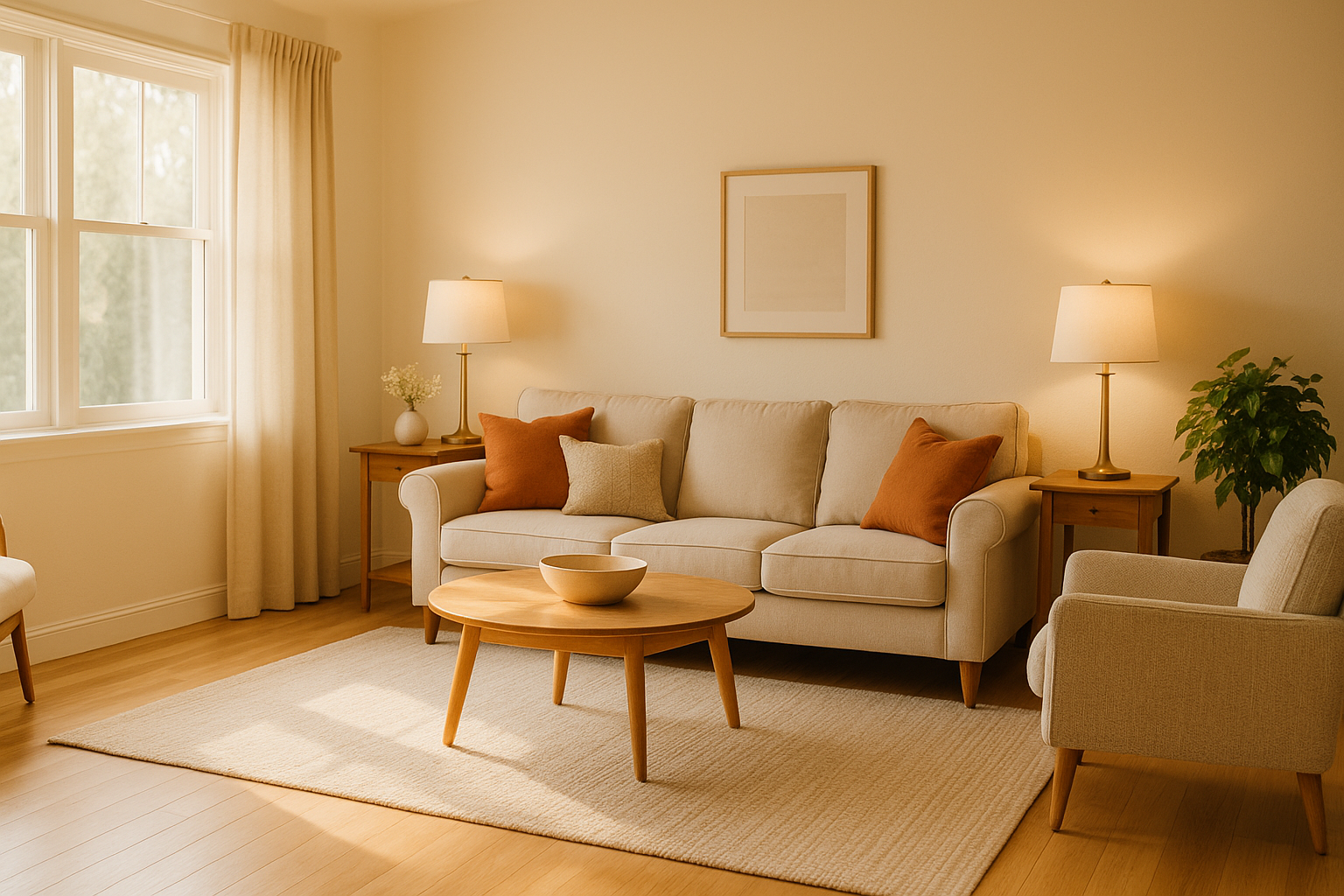When someone you love is living with dementia, home takes on a whole new meaning. It becomes not just a place of comfort, but also a space where safety, independence, and peace of mind matter more than ever. Many families want to care for their parents or partners at home for as long as possible, and making small changes around the house can make a significant difference to their well-being.
Creating a safe home environment doesn’t mean making the house look clinical or unwelcoming. Instead, it’s about thoughtful adjustments that reduce risks, ease daily routines, and help your loved one feel secure in familiar surroundings.
Let’s explore some simple yet effective ways you can make the home safer and more dementia-friendly.
Why a Safe Home Environment Matters
Dementia can affect memory, judgment, and a person’s perception of their environment. Everyday objects that once seemed harmless can suddenly pose risks. A rug might become a tripping hazard. A shiny floor could look like water. A cupboard full of cleaning products could be mistaken for food storage.
By making proactive changes, you’re not just preventing accidents — you’re also giving your loved one the freedom to move around their home with confidence and dignity. Safety adjustments provide peace of mind for the whole family and can even reduce stress and confusion for the person with dementia.
Practical Steps to Create a Dementia-Friendly Home
One of the simplest yet most effective changes you can make is to keep the home free of clutter and hazards. Clear hallways and living spaces create safe pathways for your loved one to move around with confidence. Removing or securing rugs, tucking away cords, and safely storing sharp or fragile items can greatly reduce the risk of falls or accidents. These small adjustments may feel minor, but they make the home calmer and easier to navigate.
Lighting is another area that deserves attention. People living with dementia can sometimes become confused by shadows or struggle with dimly lit areas, so soft, even lighting in every room is important. Nightlights in the bedroom and bathroom can make nighttime trips safer, while motion-sensor lights in hallways or entranceways can provide reassurance after dark. In the bathroom, additional safety features such as grab bars, non-slip mats, and shower chairs not only prevent slips but also encourage independence, giving your loved one greater confidence in their daily routines.
Kitchens and bedrooms also benefit from thoughtful changes. In the kitchen, locking away cleaning products, storing medications securely, and using appliances with automatic shut-off features can prevent dangerous mistakes. Clear labels on cupboards and drawers can also help with memory recall, making the space easier to use. In the bedroom, consider placing the bed close to the bathroom to reduce wandering at night and keep familiar items nearby for comfort — whether it’s a favourite blanket, pillow, or a family photo. These touches provide reassurance while keeping the room safe and restful. Outdoors, if space allows, creating a secure garden or patio gives your loved one the freedom to enjoy fresh air and sunshine without risk, which can do wonders for their wellbeing.
Helping With Orientation and Independence
Beyond safety, small design choices can help with memory and orientation.
- Use contrasting colours to make doorways or steps easier to see.
- Place clear signs or labels on rooms, such as a picture of a toilet on the bathroom door.
- Keep clocks and calendars visible to help with time and date orientation.
These cues may seem minor, but they can make your loved one feel more independent and confident in their own home.
Remember: It’s an Ongoing Journey
Creating a safe home environment isn’t something you do once and forget about. Dementia is progressive, and your loved one’s needs may change over time. What works today might need to be adapted in six months or a year. Regularly check the home, reassess routines, and make adjustments as needed.
And while caring for someone at home is an incredible act of love, it’s important to remember that you don’t have to do it all alone. Reaching out for support — whether through local dementia groups, professional carers, or specialist dementia care homes — can provide relief and reassurance for both you and your loved one.
